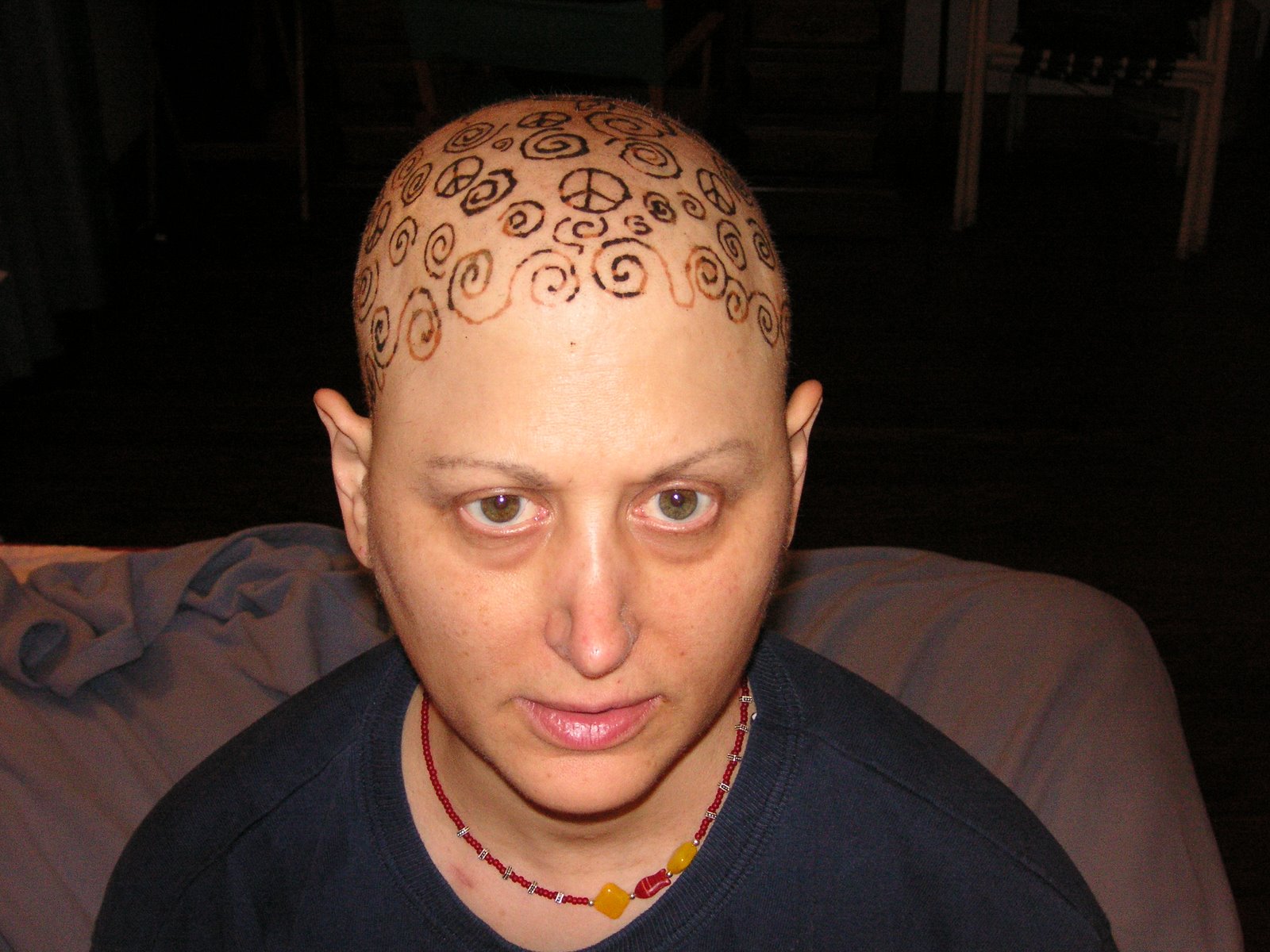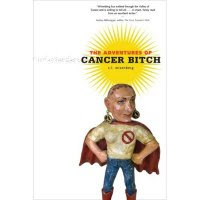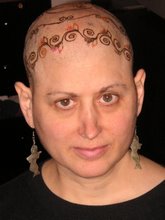I threw my sins into the lake yesterday. It's a Rosh Hashanah custom. Usually we throw bread crumbs as a stand-in, but there's talk that the crumbs could upset the ecosystem. So I threw a very few crumbs and some sand and some rocks. Seagulls found us and hovered and dove and one of them went after a rock I threw, thinking it was bread. I was glad the bird came up empty. It would be terrible to be responsible for killing a seagull while you were throwing off your last year's sins. The synagogue I went to is unaffiliated, meaning it's not Reform or Conservative or Orthodox or Traditional or Conservadox or Reconstructionist or Renewal. Though it seems like Renewal. Stuff about breathing and light in the photocopied prayer book, and God isn't called "he" unless there's a reference to "she" coming up soon. I've never understood what's so revolutionary about making God genderless or hermaphroditic. To me the issue is God in general. I don't believe in God, though I've mellowed over the last year or so (not related to cancer) and can accept God as a label for the ineffable liveliness of the atoms inside each of us and everything around us. I was telling L about this last night and he said then who are you praying to? I said it's general gratitude. He said why do you need that? I said it makes you more grateful for what you have. He accepted that. This veers into the teachings of the Harvard Happier guru (mentioned a few posts below) Tal Ben-Shahar who writes down every night what he's grateful for. There's nothing wrong with being grateful, though it's very 12-steppy--"attitude of gratitude." Like anything, it can become meaningless and rote and banal. I think it's the banality that bothers me more than anything else. I read "Pollyanna" for the first time when I went to summer camp and got the mumps. I read it in the infirmary while I petted a denatured skunk and waited for my parents to come get me. That was my best ever camp experience. Being inside, reading. What could be better? Pollyanna is, well, Pollyanna-ish, but not in a bland way. She learned the bright way of looking at things from her (poor, dead) father, and it was a way of having fun, not of avoiding reality. And as we learned in shul yesterday, Isaac's name means "laughter," because his mother, Sara, laughed when told she would give birth in old age. All this is in the Torah portion read on Rosh Hashanah. Isaac married Rebecca, the rabbi told us, and we are told they played together. Later he said that Rebecca was only 3 when they met, and they didn't consummate their union (thank goodness) for 20 years. This is the only instance where we are told a couple played together, the rabbi said.
And I write this as if I believe these were real people. As real as Pollyanna.
skip to main |
skip to sidebar


taramosalata & other dips; photo by Vera Szabó

cream puffs, caprese; photo by Vera Szabó

Don't try this at home. Uh, oh, we did.

L the Haircutter in Background

Finished.

design by Jennifer Berman

At medicinal baths, with testimonials from patients
One Feminist's Report on Her Breast Cancer, Beginning with Semi-diagnosis and Continuing Beyond Chemo, w/ a side of polycythemia thrown in **You don't have to be Jewish to love Levy's rye bread, and you don't have to have cancer to read Cancer Bitch *** Cancer Bitch comes to you from S.L. (Sandi) Wisenberg in Chicago
Click on photo for Cancer Bitch reading/lecture schedule
Blog Archive
Cancer Bitch recommends these links:
- Alternet.org
- As the Tumor Turns
- Being Cancer--its on-line book club discusssed my book.
- Big Grrls DO Cry: queer life meets precarious life
- Black Gyrl Cancer Slayer
- Breast Cancer Action
- breastcancer.org
- Chemo Chicks
- Chronic (Illness) Babe
- Code Pink women's peace group
- Collaborative on Health and the Environment
- Colon cancer cowgirl
- Earth Henna
- Friends of Cancer Bitch on Facebook
- Funny Cancer shirts and mugs
- Gayle Sulik, Pink Ribbon Blues
- Geezer Sisters (tho' only written by one of them)
- Get Real About Breast Cancer (w/ pic of Breast Cancer Barbie)
- Gilda's Club
- Goodbye to Boobs (by a pre-vivor)
- Humerus Cartoons
- I got the cancer (lymphoma)
- Mamawhelming
- Organic Consumers Assn.
- Our Bodies, Our Blog
- Paula Kamen
- Planet Cancer
- Recovery on Water
- S.L. Wisenberg/Red Fish Studio
- Skin Deep: un/safe cosmetic list
- Stacey Richter's Land of Pain
- Swimming in the Trees: author Jessica Handler of Atlanta
- Tara Ison
- Terry Tempest Williams
- The Assertive Cancer Patient
- The Cancer Culture Chronicles
- The Fifty-Foot Blogger, another denizen of Fancy Hospital
- Whirled News--better than the Onion
- Women & Children First bookstore
NOTATE BENE
Everything here is as accurate as I could make it. Occasionally I've changed identifying details when writing about others.
Links to audio and video

from my Farewell to My Left Breast party

taramosalata & other dips; photo by Vera Szabó
Farewell to My Left Breast Party

cream puffs, caprese; photo by Vera Szabó
April 12, 2007--The Making of the Mohawk

Don't try this at home. Uh, oh, we did.
The Mohawk Profile

L the Haircutter in Background
The Mohawk Demure

Finished.
Summer henna-wear
design by Jennifer Berman
Life after cancer, Budapest, July 2009
At medicinal baths, with testimonials from patients

